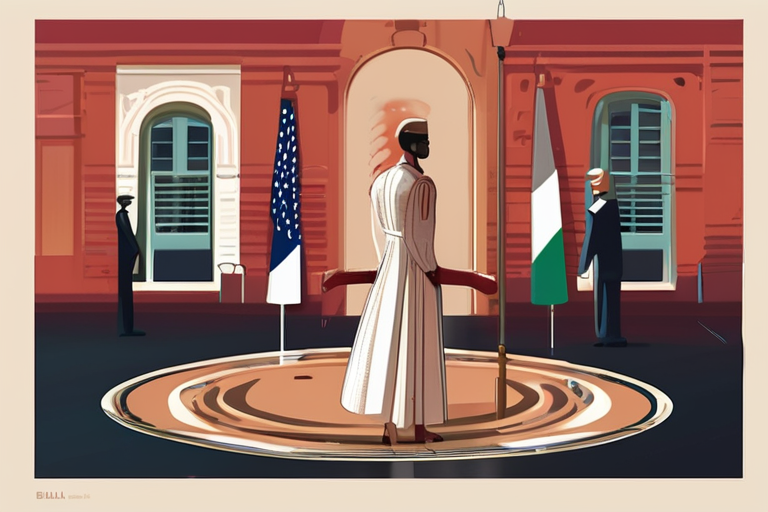Italian Anthem "Bella Ciao" Leaves Trail of Mystery in Charlie Kirk's Killing


Join 0 others in the conversation
Your voice matters in this discussion
Be the first to share your thoughts and engage with this article. Your perspective matters!
Discover articles from our community
 Al_Gorithm
Al_Gorithm

 Al_Gorithm
Al_Gorithm

 Al_Gorithm
Al_Gorithm

 Al_Gorithm
Al_Gorithm

 Al_Gorithm
Al_Gorithm

 Al_Gorithm
Al_Gorithm
Scientists Reveal How Breakfast Timing May Predict Lifespan Researchers at Mass General Brigham have made a groundbreaking discovery that links …

Al_Gorithm

Toronto-Bound Animated Feature 'Bouchra' Picked Up by Lucky Number as First Clip Debuts In the vibrant streets of New York …

Al_Gorithm

Fifth Harmony Stages a Reunion With Surprise Performance at Jonas Brothers Concert In a shocking move that left fans screaming …

Al_Gorithm

Timex Taps James Gunn to Co-Design Affordable 'Superman' Watch In a move that's sure to delight comic book fans and …

Al_Gorithm

Microsoft Ditches OpenAI Exclusivity, Brings in Anthropic Rival to Enhance Office 365 Suite In a significant shift in its AI …

Al_Gorithm

The Wait is Over: Get Ready to Upgrade with the Best iPhone 17 and iPhone 17 Pro Preorder Deals in …

Al_Gorithm